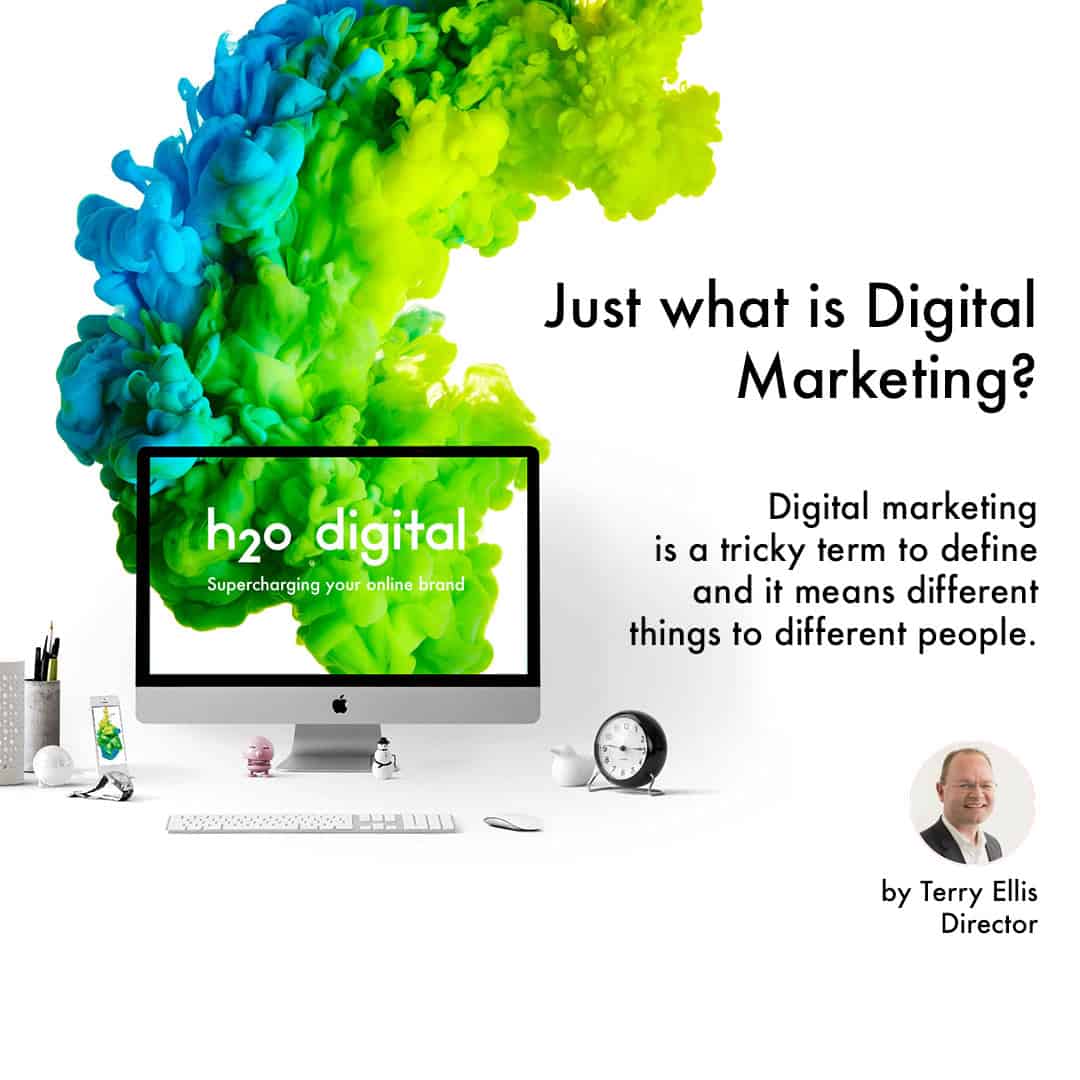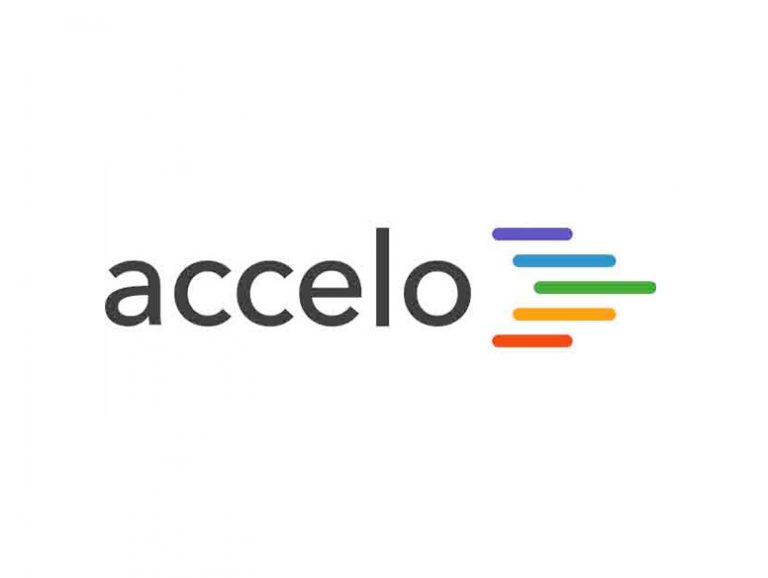Just what is Digital Marketing?
You’ll be very familiar with it if you spend a lot of time promoting your business online.
Digital marketing is a tricky term to define and it means different things to different people. These days, the term is more often referred to as content marketing. Digital is just the platform, but what you are promoting, more often than not, is your content.
A typical definition
A typical definition for digital marketing would be: “the use of digital channels to promote or market products and services to businesses.”
In every sense, this is correct. But digital marketing is also much more than this: it transcends typical definitions. An explanation of different aspects of what makes up digital marketing better serves as a definition.
The key digital marketing disciplines
The activities that count as digital marketing are vast but interconnected. This list brings together some of the most important (in our view anyway!).
Social media – arguably one of the most important aspects of digital marketing is interacting with your customers online: providing them with interesting and useful content, talking to them, listening to their needs and responding to them.
Email – believe it or not, email is still one of the most successful online tools for marketing. Like social media it lets you interact with your customers – but only if your treat it right and not as a tool to mass market your products and services.
Web development – responsible for the visual representation of your brand online and is therefore part of the digital marketing process.
SEO – alongside social media, this is one of the more important aspects of digital marketing. Your website is the central pillar in your online presence and if people can’t find it then what’s the point of having it?
Blogs – people love blogs! Like social media and email, the medium of blogging lets you share genuine thoughts, news and information with your audience. If you create and share good content, your audience will love you for it!
Paid advertising – this can range from bidding on keywords in search engines to boosting the position of your website, or paying for adverts on social media and websites. Increasingly, video marketing is becoming popular and paid video adverts are becoming more high profile in their usage.
Segmentation – digital marketing has made it easier to find your customers and target them specifically. But the trick is to make sure you’re present in the channels that your customers are. Just because Facebook is free doesn’t mean that your customers are active there. Likewise, if you are selling to the consumer, perhaps LinkedIn is not the right channel for you.
Measurement – along with digital marketing has come masses of data. And measuring, monitoring, and referring to this data is a big part of digital marketing. For the first time in the history of business, people are able to accurately measure what does and doesn’t work. People often forget about this important aspect of digital marketing – don’t be the person sharing content that no one likes! Use your data to test what works and for you and your business.
Combined, these make up main digital marketing tools, used to reach customers, engage with them, and provide a means for interaction that adds genuine value to their experiences. Using the above in the ways described can lead to a great digital presence!
Digital marketing: the future
As more technology is developed and the world gets even more connected, digital marketing and the definition of what it is will also change. New methods of interaction will appear and previous methods will become obsolete. Digital marketing is fairly new and is always changing. But that doesn’t mean there aren’t strategies you can employ to make the most of your digital channels.
Our next blog on digital marketing looks at what makes up a successful digital marketing plan. A lot of it is about setting goals, using the right tactics, and making sure you’ve got the correct strategy.







